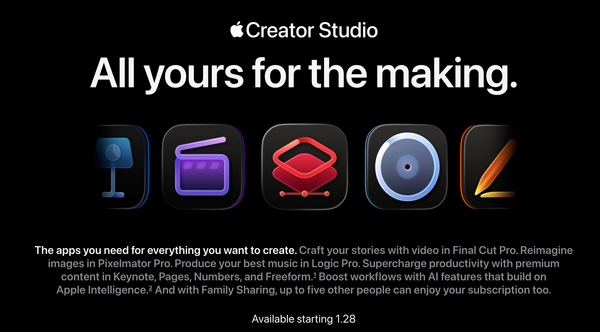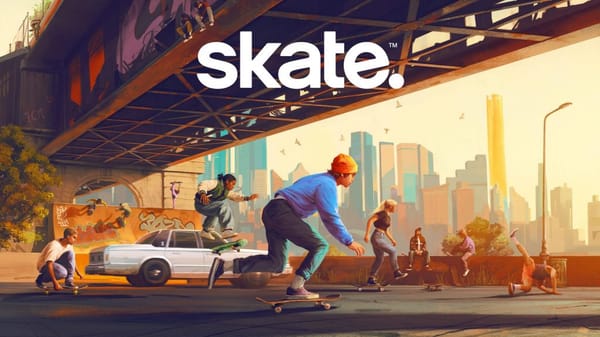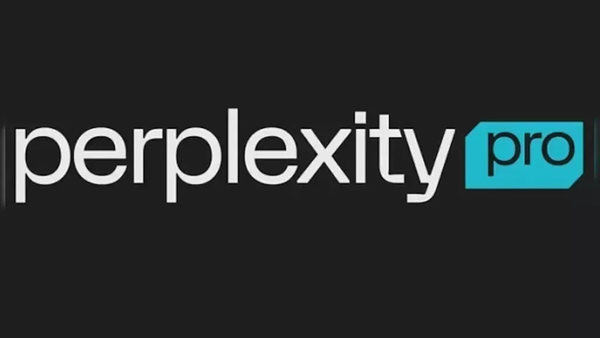From Fans to Critics: How Disappointment Turned Us Into Media Analysts
Why audiences are more critical than ever — and why Hollywood and the music industry keep letting them down.

There was a time when a new movie, album, or show could be taken at face value. You’d watch, listen, experience, and move on — maybe you’d love it, maybe you wouldn't, but it wasn’t an event that required a deep analysis.
Fast forward to today, and it feels like everyone has transformed into a full-time critic. A new film drops, and before the credits even roll, the discourse is in full swing.
Social media feeds are flooded with breakdowns, complaints, think pieces, and knee-jerk reactions. It’s as if modern media isn’t allowed to simply exist anymore; it has to pass through the gauntlet of public scrutiny.
The Shift in Audience Expectations
So the question is: Why? What changed?
Part of the answer lies in the fact that we’ve seen what can be done with so little. The rise of indie films, self-produced music, and fan-created content has proven that creativity doesn't require a massive budget or industry backing.
We’ve witnessed passion projects made on shoestring budgets that outclass multimillion-dollar productions. We’ve heard albums recorded in home studios that feel more alive than anything put out by major labels.
The audience has developed a sharper eye and higher standards, not because we’ve suddenly become harder to please, but because we know the industry is capable of so much more.
The Decline of Authenticity
Instead of rising to meet this evolved demand, mainstream media often feels like it’s doing the opposite.
Hollywood, the music industry, and major streaming platforms are churning out content that, at best plays it safe and, at worst disrespects the intelligence and loyalty of the very audiences that built them up.
How many beloved franchises have been reduced to soulless cash grabs? Spinoffs, remakes, and endless expansions of once-beloved stories are everywhere — just look at the newest announcements of yet another reboot of the Fantastic Four, Superman, and Jurrasic Park, nearly a decade after their last wave of popularity.
Instead of working on developing new fresh IP, studios keep milking the same nostalgic wells, hoping to replicate past success.
Meanwhile, the music industry seems obsessed with producing songs crafted for a 15-second viral loop — endless hooks repeated ad nauseam to feed the algorithm and gain mass adoption.
How many albums feel like they were assembled by an algorithm rather than an artist? We’ve seen time and time again that when something resonates, it’s often because it comes from a place of authenticity — so when a piece of media lacks that, it’s impossible not to notice.
Criticism Stems From Disappointment
The criticism isn’t coming from a place of malice — it’s coming from disappointment. We’re not just spectators anymore; we’ve invested. People care.
When you grow up watching a franchise, following a band or an artist, or supporting a creator, you build a connection with their work. So when something that once held meaning is reduced to mediocrity, it feels personal.
In a lot of cases, these industry giants take our beloved franchises and adapt them into films or series hoping to create fan-service moments.
It might not intentionally be misleading, but it comes off as disingenuous — like they’re trying to hook us in with nostalgia while never giving us the payoff we’re waiting for.
They string us along with just enough to keep us hooked, never delivering the movie or show we actually want.
The disconnect suggests they’re catering to fans without understanding what the fans truly value.
Even in the few instances when new IP is developed, once it starts gaining traction, studios often seize the momentum and transform it into another funnel for merchandise or spin-offs.
The lengthy production cycles and constant repurposing can dilute the original spark, leaving fans feeling strung along. This cycle, repeated again and again naturally turns disappointment into open frustration and vocal criticism.
Meanwhile, the music industry is less complicated yet no less frustrating. Artists or labels often push out repetitive, viral-ready hooks in the hopes of infinite mass adoption.
It’s not malicious it’s just unimaginative. And when people see these patterns playing out over and over, it’s easy to feel like the creativity that once defined these industries is being sacrificed for quick, predictable gains.
This growing dissatisfaction naturally leads to a bigger question: are we simply asking for too much?
Are Audiences Too Demanding?
With all this being said, some could argue that audiences have become too entitled and that we demand too much.
But I’d argue the opposite: we just want something that respects our time, attention, and emotional investment.
We don’t expect every movie to be a masterpiece, every album to be groundbreaking, or every show to redefine the medium.
But we do expect sincerity. We expect effort. We expect the creators to give a damn.
The Bar Has Been Raised
So maybe that’s the takeaway. We’re not just consuming media anymore — we’re part of the conversation. And if the conversation has become more critical, it’s because we’ve seen what’s possible.
We know what great storytelling looks like. We know what genuine artistry looks like. And we know when we’re being fed something hollow.
The bar has been raised. The question is: who’s willing to meet it?



